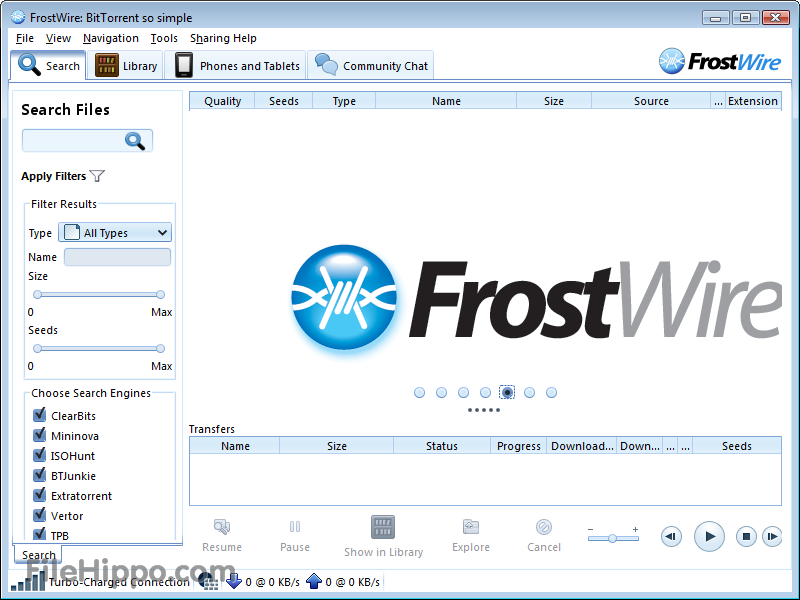


LimeWire, one of the most popular file sharing programs, is on 30% of the world’s computers. Despite attempts by the media industry to shut down P2P file sharing networks, today they have grown to include millions of users worldwide with over 450 million copies of P2P software downloaded. P2P file sharing began with Napster in 1999. This article discusses some of the risks of P2P, as well as preventive strategies to protect valuable company assets and reputation. Absent due care, however, this technology can cause a range of problems for any organization by making sensitive corporate financial information, trade secrets, and other corporate information, as well as personal employee and/or customer information, readily available to anyone on the P2P network. Commonly referred to as “peer-to-peer” or “P2P” networks, file sharing technology is being used by millions to share electronic files with one another. The same software that allows you and your children to share music and movie files may be placing your company at grave risk.


 0 kommentar(er)
0 kommentar(er)
